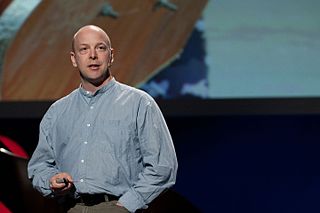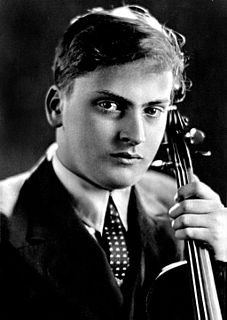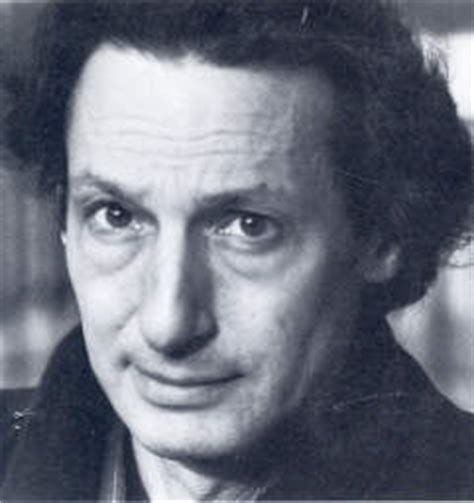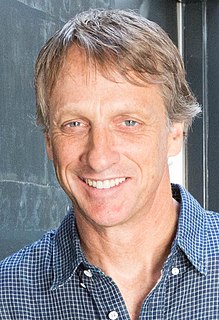A Quote by Gever Tulley
When we protect children from every possible source of danger, we also prevent them from having the kinds of experiences that develop their sense of self-reliance, their ability to assess and mitigate risk, and their sense of accomplishment.
Related Quotes
Historians constantly rewrite history, reinterpreting (reorganizing) the records of the past. So, too, when the brain's coherent responses become part of a memory, they are organized anew as part of the structure of consciousness. What makes them memories is that they become part of that structure and thus form part of the sense of self; my sense of self derives from a certainty that my experiences refer back to me, the individual who is having them. Hence the sense of the past, of history, of memory, is in part the creation of the self.
Out of the multitude of our sense experiences we take, mentally and arbitrarily, certain repeatedly occurring complexes of sense impression (partly in conjunction with sense impressions which are interpreted as signs for sense experiences of others), and we attribute to them a meaning the meaning of the bodily object.
I think that there's a sense of self-reliance that exists in skateboarding that kids can take to their daily lives. I think there's also a sense of creativity and community-based goals - in skating, even though it is an individual pursuit, a lot of things that you learn are things that you borrow and expand from other people's ideas. I call skating a combined evolution - it's individual, it's artistic, but at the time, there is a communal push to keep doing your thing. And a sense of camaraderie in that.
I deal with students every day - from China, Germany, the United States, Hong Kong and Taiwan. And I've noticed that the Chinese students are the least trained in having a sense of aesthetics. They lack any ability to sense what is beautiful or what is proper. They can be learned and skillful, but they lack the ability to make their own free judgment. It is really sad to see young adults of 20, 25 years who were never taught to make their own decisions. People who can't do that don't get a sense of responsibility. And if you lack a sense of responsibility, you push the blame onto the system.
I suppose everyone continues to be interested in the quest for the self, but what you feel when you're older, I think, is that ... you really must make the self. It is absolutely useless to look for it, you won't find it, but it's possible in some sense to make it. I don't mean in the sense of making a mask, a Yeatsian mask. But you finally begin in some sense to make and choose the self you want.





































